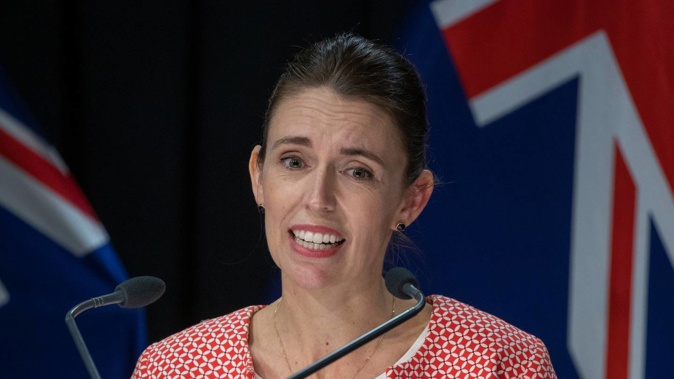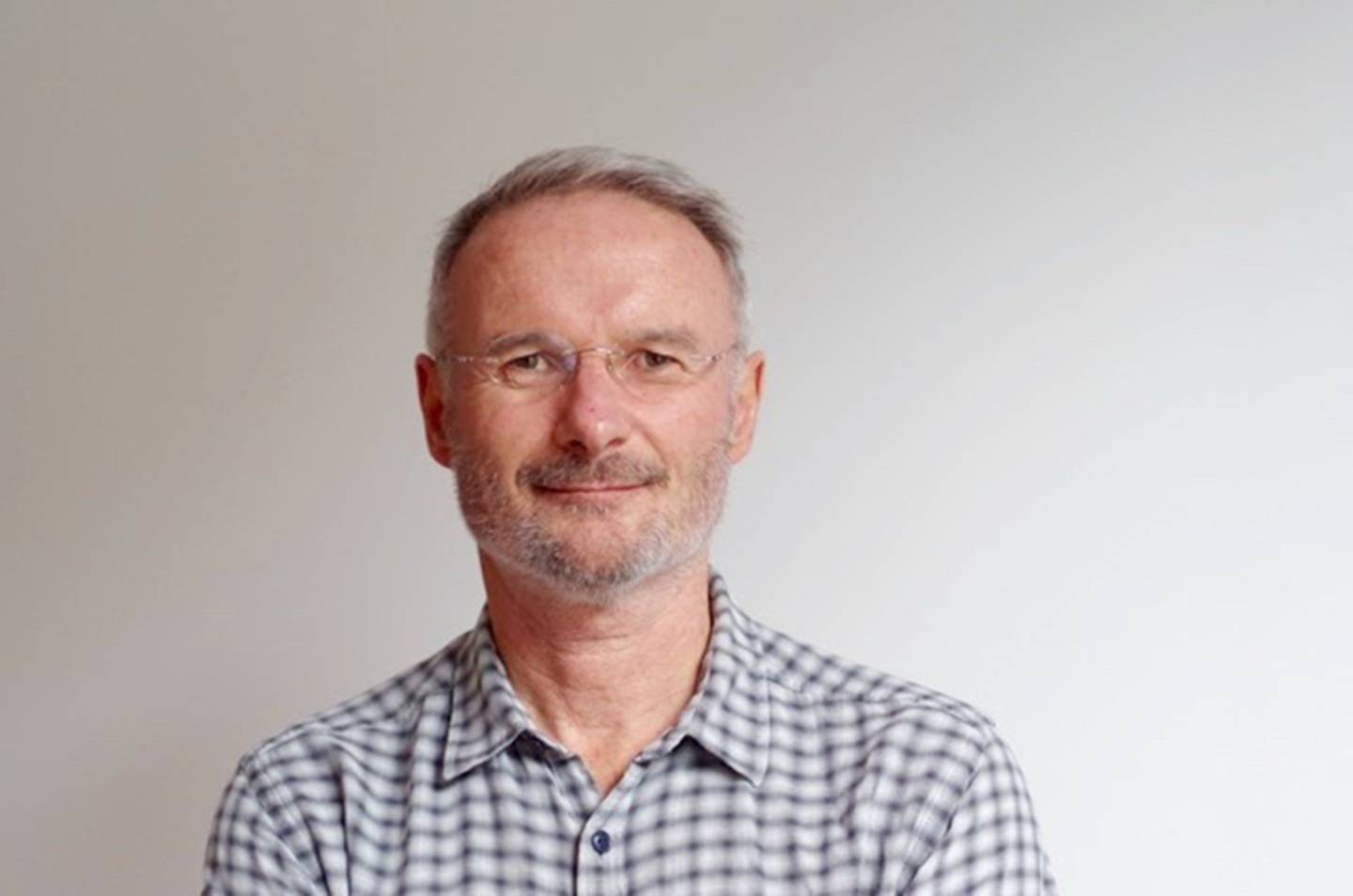
Prime Minister Jacinda Ardern has made an 11th hour appeal to New Zealand's 213,000-odd unvaccinated teens and adults: "please reconsider".
According to the Herald's Vaccine Tracker, around 5.1 per cent of the eligible population over 12 – or some 213,230 people – haven't received a single vaccine dose.
In Omicron outbreaks around the world, the unvaccinated have made up a strikingly disproportionate number of Covid-19 hospital cases.
In New South Wales, the unvaccinated accounted for just 7 per cent of the eligible population – yet around half of Omicron patients in intensive care units.
Ministry of Health data further showed 401 of 612 Covid-19 hospital cases recorded here since August had been unvaccinated. A further 116 had only been partially vaccinated and 46 involved ineligible children.
Asked what message she had for New Zealand's unvaccinated, Ardern said: "To anyone who has not been vaccinated, please reconsider.
"We still know from all of the evidence and data that it's the biggest difference that you can make to this pandemic: to yourself, to your family, to your community."
For those resolved in their decision, she urged them to heed other public health requirements, like wearing masks.
Public health experts made similar appeals today, pointing out that, despite now being a relatively small part of the population, the unvaccinated could still have an outsized influence on the outbreak's impact.
"It's our biggest risk," University of Auckland epidemiologist Professor Rod Jackson said.
"The main concern I have for these people is them filling up the ICUs."
While Omicron could still cause symptomatic infection in people who had been vaccinated – although boosters restored protection from illness to up to 70 per cent – the variant would spread far more rapidly among those with no immunity at all.
"These infections will be much more severe and many of these will be the ones filling up our hospitals."
He felt another targeted push was needed – even if it meant community teams making house-to-house calls – while more funding for community GPs to administer the vaccine could also help.

"The main concern I have for these people is them filling up the ICUs," University of Auckland epidemiologist Professor Rod Jackson says. Photo / Supplied
"There's a substantial proportion of people, including a lot of Māori and those in rural communities, who don't fall in the over-my-dead-body group."
As at the Ministry of Health's most recent survey data, only about 38 per cent of unvaccinated people said they "definitely" wouldn't be getting the vaccine.
Those who said they "definitely" or "probably" wouldn't get vaccinated tended to be older than average, on a lower-than-average income, were less likely to be employed, and were more likely to live in a regional town or a rural area.
To this group, Jackson said: "Every official medical body in the OECD recommends vaccination – stop getting your information from social media... you cannot do your own research."
Covid-19 modeller Professor Michael Plank also said it was very likely Omicron would find the unvaccinated if it was spreading at large.
"They're at much higher risk of needing to go to the hospital and needing to go to ICU, and they're at much higher risk of death as well," he said.
"It's absolutely essential that everyone gets vaccinated, because Omicron is coming."
Infectious diseases expert Associate Professor Siouxsie Wiles pointed to tragic cases in which dying Covid-19 hospital patients had belatedly begged to be vaccinated.
But she said the appeal might also apply to those who had someone in their lives who was still unvaccinated.
"Because the number of people who could end up infected and hospitalised is going to massively impact on our ability to care for everybody else," she said.
"Caring for anyone who has a heart attack, a car accident, or who needs elective surgery... all of those things become difficult to do when the hospital is full of people who are suffering from a preventable disease."
She asked the unvaccinated to consider others who were immunocompromised, or suffering conditions like cancer.
"It's not about us as individuals. It's about how we come together as a community – and we need everyone to play their part in this."
- by Jamie Morton
Take your Radio, Podcasts and Music with you









